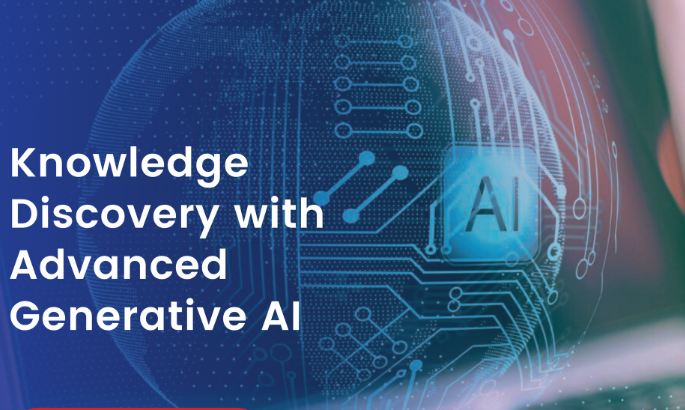Education Desk, Delhi Magazine: Knowledge Discovery in Data (KD) is a process that involves the extraction of useful knowledge or patterns from large datasets. It encompasses a series of steps, often referred to as the KD process, that transforms raw data into actionable insights. The steps in the KD process include:
- Data Selection:
- Identify and select the relevant data from various sources, such as databases, data warehouses, or external repositories. The selection of data depends on the specific goals of the knowledge discovery process.
- Data Preprocessing:
- Clean and preprocess the data to handle missing values, eliminate noise, and ensure data quality. This step involves tasks like data cleaning, data transformation, and normalization.
- Data Transformation:
- Convert the preprocessed data into a format suitable for analysis. This may involve transforming categorical data into numerical representations, scaling features, or creating new features through feature engineering.
- Data Mining:
- Apply data mining techniques to discover patterns, relationships, or trends within the data. Common data mining techniques include classification, regression, clustering, association rule mining, and anomaly detection.
- Pattern Evaluation:
- Evaluate the discovered patterns to determine their significance and relevance to the problem at hand. This step involves assessing the quality and reliability of the patterns.
- Knowledge Representation:
- Represent the knowledge extracted from the data in a form that is understandable and usable. This may involve creating rules, decision trees, graphs, or other structures that convey the insights gained from the data.
- Knowledge Interpretation:
- Interpret and understand the knowledge or patterns in the context of the domain or application. This step involves collaboration between domain experts and data scientists to derive meaningful interpretations from the discovered knowledge.
- Knowledge Integration:
- Integrate the discovered knowledge into existing knowledge or decision-making processes. This may involve incorporating the insights into business strategies, operational processes, or other systems.
- Knowledge Utilization:
- Utilize the knowledge for decision support, prediction, and other applications. The ultimate goal of the KD process is to turn data into actionable knowledge that can drive informed decision-making.
- Evaluation and Feedback:
- Assess the effectiveness of the knowledge discovery process. This step involves evaluating the impact of the discovered knowledge on business objectives and may lead to feedback that informs future iterations of the KD process.
The KD process is iterative, and insights gained from one iteration may lead to further refinements or modifications in subsequent cycles. It is important to note that KD is a multidisciplinary field that incorporates principles from data mining, machine learning, statistics, database systems, and domain-specific expertise. The process is widely used in various domains, including business, healthcare, finance, and scientific research, to extract valuable knowledge from large datasets.

